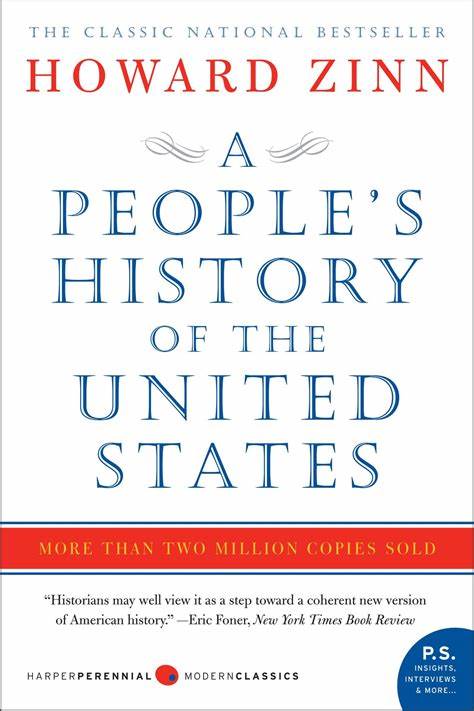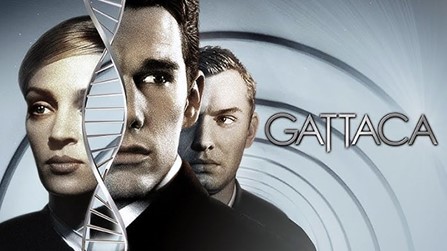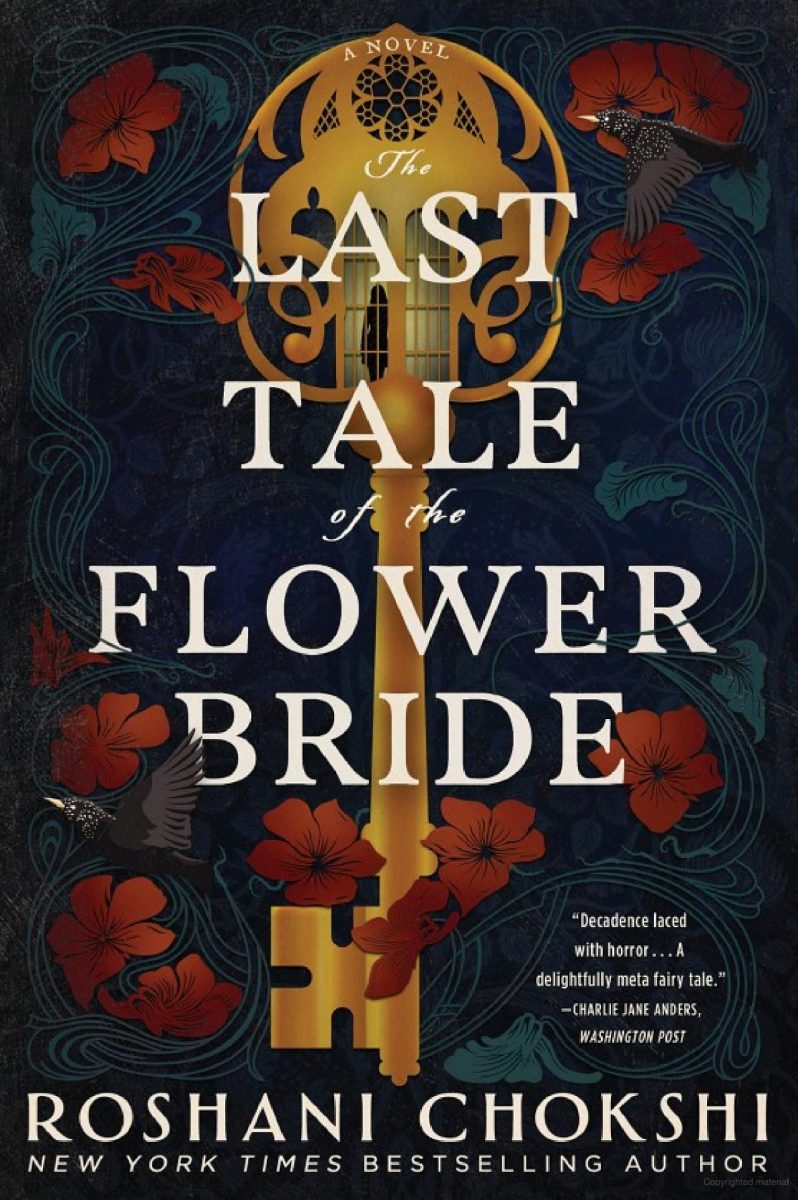“If you want to read a real history book, read Howard Zinn’s A People’s History of the United States. That book will knock you on your a—,” said Matt Damon’s character in the movie Good Will Hunting.
Damon himself read the book’s first edition when he was just ten years old, and its contents stuck with him for sixteen years leading up to the filming of Good Will Hunting. And true to Damon’s praises, A People’s History of the United States will absolutely knock any reader off their feet.
Howard Zinn, the book’s author, lived through the rough underbelly of American history. Raised during the Great Depression, Zinn was of service age by the time the Second World War rolled around. Initially opposed to American entry into the war, Zinn changed his mind once he realized it was inevitable. He volunteered for the Air Corps and became eager to fight fascism in the European theater. Upon his return to the United States, Zinn went to college through the GI Bill and became a professor at Spelman College.
Zinn’s experiences throughout his youth and through World War II completely changed his life. Recalling his experiences at war, he became a vehement anti-war protestor during the Vietnam era. His activism overlapped with the Civil Rights Movement, in which he became heavily involved as he recalled his own experiences struggling for security during the Great Depression.
These details are not shared arbitrarily. Understanding just how much the events of Zinn’s young adulthood shaped him is crucial when realizing how he channeled his experiences to write A People’s History. Feeling oppressed, misrepresented, and ignored by his own nation, Zinn sought out to write a history that could chronicle the stories of America’s forgotten.
Out of this quest, A People’s History was born. When holding Zinn’s masterpiece next to any typical American history textbook, one might think they relay the past of two completely different nations.
Zinn’s revelations in his study of American history are shocking. Spanning from 1492 to the War on Terror, A People’s History does not just create another retelling of the story we’ve all heard before—the journey of a fledgling democratic experiment, led by the heroic Founding Fathers to be a champion of freedom around the world. Instead, Zinn succeeds in masterfully crafting a reminder of all who are not free, who have been left behind by the supposed doctrine of “all men are created equal.”
Zinn argues that the Founding Fathers did not forge a nation “conceived in liberty” and dedicated to equality, as Lincoln wrote in the Gettysburg Address. Rather, the Revolution was a mode of class control, uniting the colonies around a cause that distracted them from their domestic inequality. According to Zinn, the tactic has been used in wars throughout American history, from 1812 to the Gulf War, aiming to suppress the dissidence that threatens the establishment.
Whether one agrees with Zinn’s theories or not, A People’s History is a fascinating change of pace that reminds us to check our idols and stay true to our values.
And ultimately, the change of pace is what it comes down to. The difference in thought alone, if not the skilled wordsmithing, thorough research, or comprehensive content, is what makes Howard Zinn’s A People’s History an absolute must-read.
Whether you’re an amateur historian or a scholar, a veteran social activist or a curious citizen with a few grievances, A People’s History reminds us of the best skill we can have, and that is to question, question, question.
“Howard Zinn’s work literally changed the conscience of a generation,” wrote Noam Chomsky, “and the series of ‘peoples histories’ derived from this great work have provided new understanding of who we are and what we should aspire to be.” Chomsky was partially right. It is not just the revolutionary new view of America that it fostered, but the critically thinking, grassroots attitude towards prosperity that A People’s History created that makes it a work that transcends generations.
Just a few years off of Watergate, the Pentagon Papers, and the seemingly endless economic woes of the 1970s, American trust in government reached an all-time low by the time A People’s History was published in 1980. And this environment was exactly the one Zinn’s masterpiece needed to thrive.
The book offered a fresh new perspective—a light at the end of the tunnel. Despite the seemingly dark preface, Zinn leads up to the message that if we want all Americans to be created equal, we can have it. We just have to take it ourselves. And today, in a world just as disillusioned and divided as ever, where we feel powerless, A People’s History should still have its place as a guiding light.





